Disease-Resistant Rose
cmd_zone4
15 years ago
Related Stories

GARDENING GUIDESTree Care: Common Tree Diseases and What to Do About Them
Learn to recognize trees that may be affected by diseases or pests so you can quickly take action
Full Story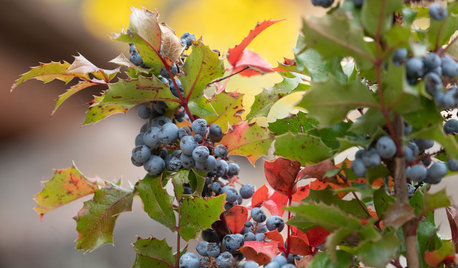
GARDENING GUIDES8 Deer-Resistant Elegant Evergreen Shrubs to Plant This Fall
Who knew that such beautiful shrubs could be deer-resistant?
Full Story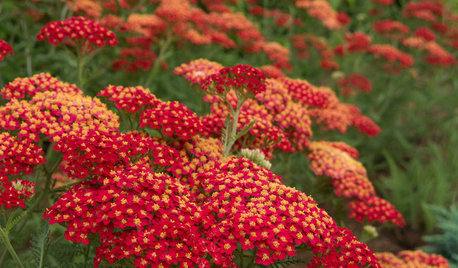
GARDENING GUIDESTop 12 Summer-Blooming Perennials for Deer-Resistant Drama
Can you have garden color, fragrance and exciting foliage with hungry deer afoot? These beauties say yes
Full Story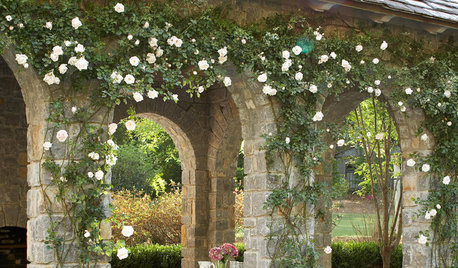
GARDENING GUIDESGreat Design Plant: Rosa Banksiae a Low-Maintenance Beauty
This thornless, disease- and insect-resistant rose brings showers of white or yellow flowers to the spring garden
Full Story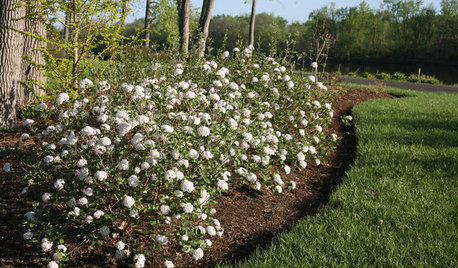
FALL GARDENING9 Deer-Resistant Flowering Shrubs to Plant This Fall
These exquisite shrubs will attract your attention but won’t tempt the deer that roam your neighborhood at night
Full Story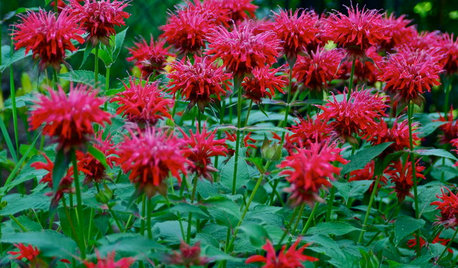
GARDENING GUIDES10 Deer-Resistant Native Flowers to Plant This Fall
Learn about natives that embrace some kinds of wildlife but resist grazing deer
Full Story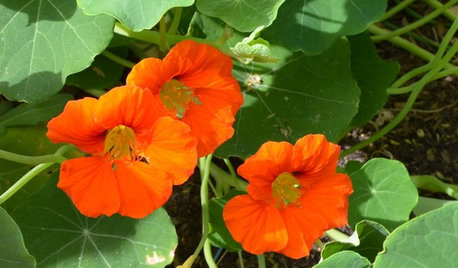
CONTAINER GARDENS7 Deer-Resistant Flowers for Your Summer Containers
Grow these as protection for edibles or just for their colorful beauty — deer might not like them, but everyone else will
Full Story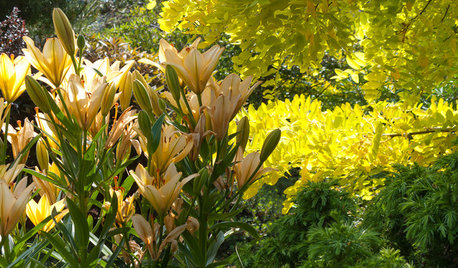
GARDENING GUIDESGreat Garden Combo: 3 Wonderful Plants for a Deer-Resistant Screen
Protect your privacy and keep deer at bay with a planting trio that turns a problem garden area into a highlight
Full Story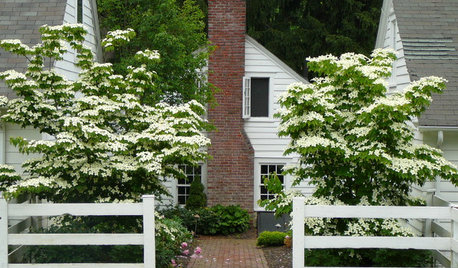
TREES7 Deer-Resistant Flowering Trees to Plant this Fall
If you live in a neighborhood with roaming deer, consider these beautiful trees that won't tempt hungry guests
Full Story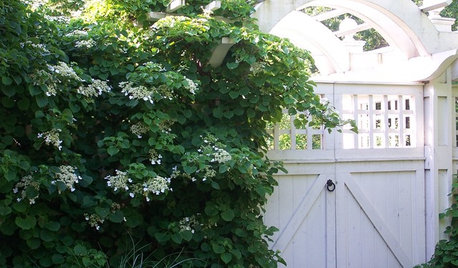
FALL GARDENING6 Deer-Resistant Flowering Vines to Plant This Fall
Have a major deer problem? Here are some of the only vines that have a chance of not being eaten
Full StorySponsored
More Discussions







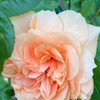
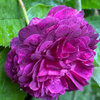

catsrose
scardan123
Related Professionals
Canton Landscape Architects & Landscape Designers · Ballwin Landscape Architects & Landscape Designers · Springfield Landscape Contractors · Beachwood Landscape Contractors · Bethel Park Landscape Contractors · Cincinnati Landscape Contractors · Duarte Landscape Contractors · La Mirada Landscape Contractors · Madera Landscape Contractors · Morrisville Landscape Contractors · Newberg Landscape Contractors · Ponte Vedra Beach Landscape Contractors · Reedley Landscape Contractors · Rockville Landscape Contractors · Winter Gardens Landscape ContractorsKimmsr
sirilucky
plan9fromposhmadison
Kimmsr
schifferle
scardan123
lovesdaphne